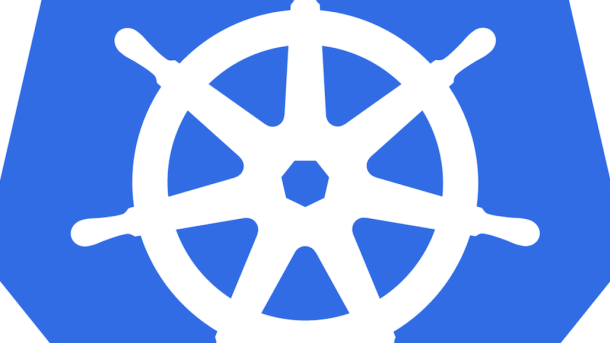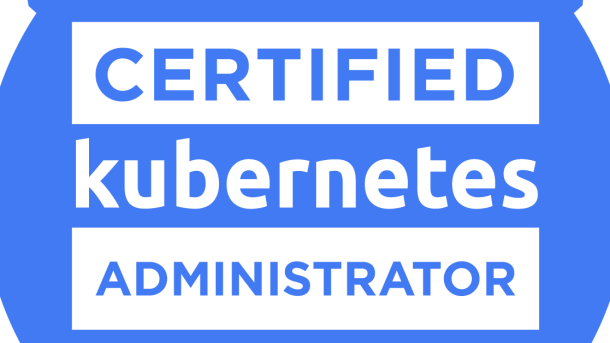Discover the power of Kubernetes with our online lab, where you can experiment, learn, and master this essential technology for container orchestration.
Pre-requisites for Kubernetes Lab Online
To access the Kubernetes lab online, you will need a personal computer with internet access. Additionally, make sure you have a web browser installed to access the lab environment. Familiarity with Linux and command-line interface will be beneficial for navigating the lab efficiently.
You may also need to have a virtual machine software installed to run Kubernetes and Docker on your computer. Ensure that your network security settings allow for the necessary connections to be made within the lab environment.
Having these pre-requisites in place will help you make the most out of your online Kubernetes lab experience.
Using Kubectl and Docker Desktop
By following the step-by-step instructions, you will gain hands-on experience with Linux commands and containerization concepts.
This interactive platform allows you to test your skills without the need for a virtual machine or specialized software on your personal computer.
Sharpen your command-line interface skills and learn how to navigate the Kubernetes playground with ease.
Enhance your knowledge of network security and gain valuable experience in deploying applications using Docker.
Kubernetes CRUD Operations
In the online Kubernetes lab, you can practice CRUD operations to learn how to create, read, update, and delete resources within a Kubernetes cluster. This hands-on experience will help you understand the fundamental concepts of Kubernetes in a practical way.
Using a web browser, you can access the Kubernetes lab and work on different exercises that will enhance your skills in managing containerized applications. This interactive playground allows you to experiment with Kubernetes without the need to set up your own environment.
Engage with the Kubernetes community on platforms like Reddit to ask questions, share your experiences, and learn from others. Joining discussions and seeking advice from experienced users will further deepen your understanding of Kubernetes and how it can benefit your projects.
Kubernetes Tools and Services
These tools and services allow users to deploy, scale, and manage containerized applications easily. Online Kubernetes labs offer hands-on training to help users gain practical experience in using these tools and services. Joining online communities like Reddit can also provide valuable support and resources for learning Kubernetes.
Managing Kubernetes in Production

Through this online lab, you can experiment with different configurations and troubleshoot issues that may arise in a real-world scenario. By immersing yourself in this training, you will build the skills necessary to confidently handle Kubernetes deployments in a production environment. Linux training is essential for anyone looking to excel in container orchestration with Kubernetes.
Continuous Integration and Deployment with Kubernetes
In the Online Kubernetes Lab, you will learn how to set up **Continuous Integration** and **Deployment** using Kubernetes. This hands-on training will teach you how to automate the testing and deployment process of your applications.
You will gain practical experience in **integrating** Kubernetes with tools like Jenkins or GitLab CI/CD pipelines. By the end of the lab, you will be proficient in deploying applications seamlessly in a Kubernetes cluster.
This training is essential for anyone looking to streamline their software development process and enhance **efficiency** through automation. Sign up for the Online Kubernetes Lab today and take your skills to the next level.
Advanced Kubernetes Applications
Explore advanced Kubernetes applications through our online Kubernetes lab. Practice deploying and managing containerized applications, scaling clusters, and implementing advanced networking features. Gain hands-on experience with Docker and other essential tools to master Kubernetes. Enhance your skills and knowledge in Linux through practical training exercises. Take your Kubernetes expertise to the next level with our interactive lab environment. Start learning and mastering advanced Kubernetes applications today.
Monitoring and Logging in Kubernetes
Utilize **monitoring and logging** tools in Kubernetes to ensure the health and performance of your cluster.
Tools like Prometheus and Grafana can provide valuable insights into your cluster’s metrics.
Set up alerts and notifications to proactively address any issues that may arise.
Logging tools like Fluentd and Elasticsearch can help you track and analyze your container logs for troubleshooting and auditing purposes.
By implementing these monitoring and logging practices, you can effectively manage and optimize your Kubernetes environment.
Kubernetes Education and Community Resources
Looking to enhance your skills in Kubernetes? Look no further than online Kubernetes labs, which provide hands-on experience for users to practice their skills in a virtual environment. These labs offer a range of exercises and scenarios to help users become proficient in managing Kubernetes clusters efficiently and effectively.
By participating in online Kubernetes labs, users can gain practical experience with deploying, scaling, and managing containerized applications in a Kubernetes environment. Additionally, these labs often provide access to expert instructors who can offer guidance and support throughout the learning process. Take advantage of these valuable resources to further your knowledge and expertise in Kubernetes.













